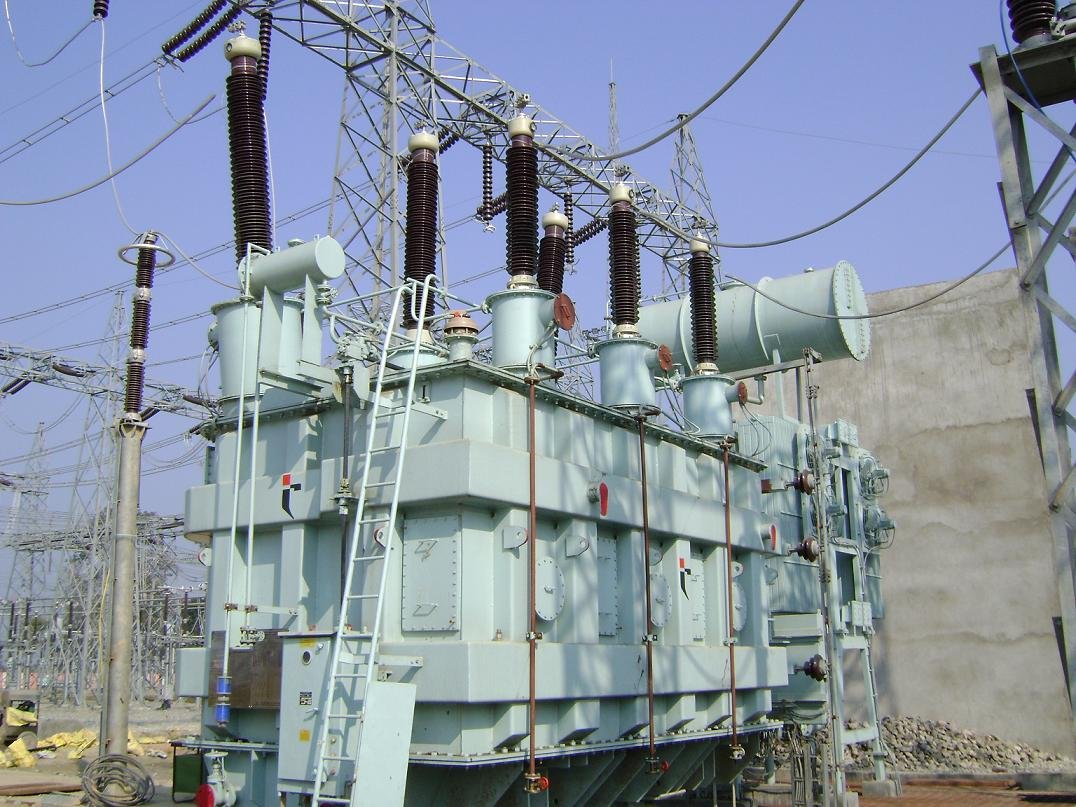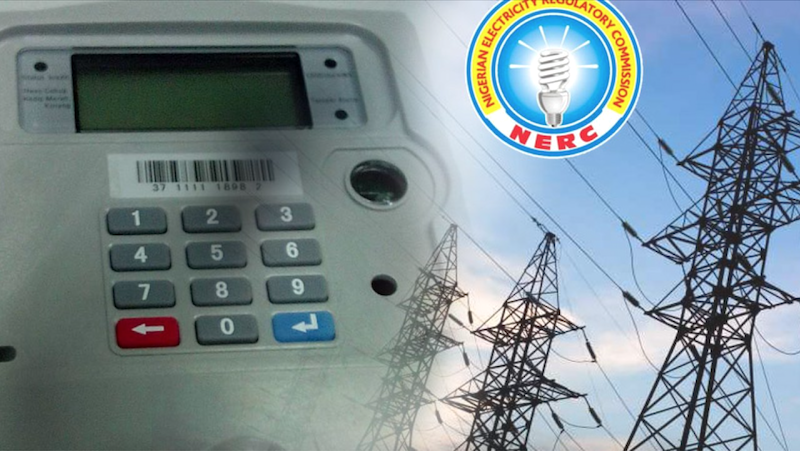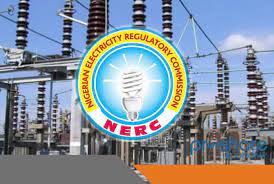The Nigerian Electricity Regulatory Commission (NERC) has approved electricity tariffs hike, effective January 1 2024, following a review of the Multi Year Tariff Order.
TheNewsGuru.com (TNG) reports Chairman of NERC, Sanusi Garba made this known on Wednesday during a routine media engagement in Abuja.
Garba, however, disclosed that the burden of the electricity tariffs hike will be on the federal government.
The NERC Chairman stressed the Multi Year Tariff Order review and the electricity tariffs hike are in compliance with the Electricity Act 2023.
Garba said this was after an application for tariff review by DisCos and a public hearing on the rate review.
The Order uploaded on the NERC website states appropriate tariffs that consumers should pay for investors to recover their operating cost.
It also contains the federal government’s policy on ensuring that due to the cost-of-living crisis, consumers will not be made to pay higher than prevailing rates.
Cost of living crisis: FG to continue electricity subsidy – NERC
Mr Sanusi Garba, Chairman, NERC, says the federal government will continue to subsidise electricity to ease the financial burden on Nigerians due to economic challenges in the country.
“Government has decided for now, arising from the cost of living crisis and so many others, to in the meantime continue to subsidise electricity.
“In the new tariff order just published by the commission, you will discover that tariff is not going up but you will see what the Electricity Distribution Companies (DisCos) should be charging.
“You will also see in the tariff order the amount of subsidy the government will be providing to cover the gap between what they will charge and what they are allowed to charge,” he said.
According to him, the new tariff contains what the DisCos are allowed to charge based on government policy, if they are to remain in service.
He said that in the tariff, NERC included some provision that would ensure that the DisCos pay what they are obligated to pay.
“The DisCos are in the business of buying electricity from the Nigeria Bulk Electricity Trading Company (NBET), so they are to pay,” he said.
Garba said that the Electricity Act that was signed by President Bola Tinubu in 2023 presented an opportunity for states to make laws and take charge of providing electricity in their franchise areas.
He said that the commission remained committed to working with the states in such a manner that the existing public utilities were nurtured to provide services to Nigerians and were utilised for what they were intended for.
On metering, the chairman said that the commission had identified that the Electricity Distribution Companies had challenges with finances to meter their customers.
He said that the rate of metering had been adversely impacted by the inability of DisCos to raise the required capital from the banks.
“To reduce the rate of estimated billing, the commission created a framework under which the distribution companies can raise some amount of money to meter customers.
“So we decided that from the market revenues, we set aside a fixed amount that is dedicated for the provision of metering
“We are not saying that the money from the market on a monthly basis is the money to buy a meter.
“It is a potential lender to raise a pathway to pay whatever loan DisCos are going to get to provide meters,” he said.



